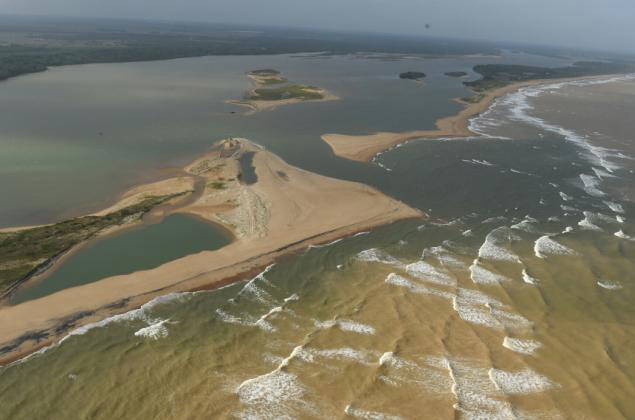Latest Photo Galleries
Brazilian Markets
17h36 Bovespa |
-0,07% | 124.646 |
16h43 Gold |
0,00% | 117 |
17h00 Dollar |
+0,29% | 5,1640 |
16h30 Euro |
+0,49% | 2,65250 |
ADVERTISING
In Brazil, Environment Law Breakers Pay only 8.7% of Fines
11/23/2015 - 10h43
Advertising
FERNANDA MENA
EDUARDO GERAQUE
FROM SÃO PAULO
Judging by past events, it is very likely that the public coffers will never receive the money of the R$ 250 million (US$ 62.5 million) fine that Ibama (Brazilian Institute of Environment and Renewable Natural Resources) imposed on Samarco - which is controlled by Vale and BHP Billiton, of England and Australia - responsible for the "mud tsunami" that destroyed villages and lives and covered the Doce river.
Between 2011 and 2014, only 8.7% of the amounts charged in environmental fines by Ibama (a federal government agency) were paid.
That means that of the R$4.9 billion (US$ 1.2 billion) in environmental fines which have already received final orders (which cannot be appealed any more), only R$ 434.2 million (US$ 108.55 million) have been paid.
The money collected goes to the federal government's coffers and 20% is used by the National Fund for the Environment.
"If the fine is not paid voluntarily by the defaulter, the lawsuit is sent to the Federal Public Attorney's Office, which performs the fiscal enforcement," says Halissom Barreto, the coordinator of collection and credit control of Ibama.
At the Federal Public Attorney's Office, the credit is enrolled as a delinquent debt and in Cadin, which imposes restrictions on the debtor to obtain new financing.
The charge usually generates a lawsuit that takes on average eight years to be judged. "The execution system does not help debts be paid promptly," says Renato Rodrigues Vieira, the federal attorney general at the Federal Public Attorney's Office.
As a comparison, the amount of tax debts paid in Brazil is 1.8%.
The same occurs in the states. In Minas Gerais, Rio Pomba Cataguases (now called Bauminas) received a R$ 75 million (US$ 18.75 million) fine in 2007 because an embankment broke. In an agreement, the amount fell to R$ 15 million (US$ 3.75 million) which was paid in 60 installments.
"Fines lapse because of the excessively long deadlines to appeal and the slown enforcement. There are many courts to appeal to in which the infractions can be discussed," says Fernanda Carbonelli, an environmental lawyer.
"If the defaulter manages to get a favorable decision or a contrary report in any of those courts, he uses this 'communication flaw between the many agencies' in his favor," says Carbonelli.
Translated by THOMAS MUELLO




